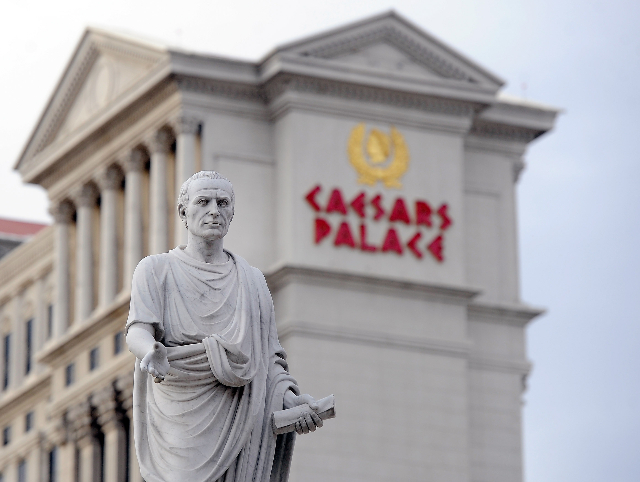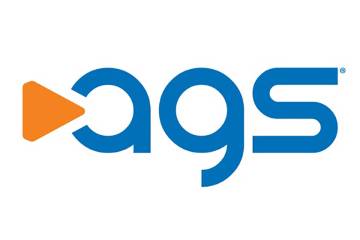Multiple errors at Caesars leads to $1.5M Nevada fine, document shows
Caesars Palace maintained "highly deficient internal controls" inside the Strip resort's private gaming salons, had numerous lapses in its anti-money laundering program and didn't file suspicious transaction activity reports over a three-month period in 2012, according to a stipulated settlement the casino's management entered into with Nevada gaming regulators last week.
Caesars Entertainment Corp. agreed to the charges laid out in the 15-count complaint filed by the Gaming Control Board and will pay a $1.5 million fine — $100,000 per count. The Nevada Gaming Commission will decide Thursday in Las Vegas if it will accept the settlement.
The agreement with state gaming authorities is part of the company's overall settlement with government agencies to end violations of federal money laundering rules at Caesars Palace. Last week, the company agreed to pay an $8 million civil penalty to federal authorities for repeated violations of the Bank Secrecy Act.
Nevada ceded control of regulations concerning cash transactions, suspicious activity reporting and anti-money laundering programs to the U.S. Department of Treasury in 2007. However, the state maintained the right to piggyback onto any investigations by government prosecutors.
"It remains very important that there is not even the appearance that criminal or corruptive elements have any influence over gaming in Nevada," the Gaming Control Board stated in the complaint, which as signed by the members. "This includes that it must not even appear that such elements are able to use a licensee to circumvent important federal laws in place regarding money laundering and suspicious activity reporting."
According to the state's complaint, the Internal Revenue Service conducted a Bank Secrecy Act examination of Caesars Palace from February 2012 through April 2012 and found 37 areas of noncompliance. Caesars responded to allegations in August 2013. The company was informed two months later that the Financial Crimes Enforcement Network of the U.S. Department of the Treasury (FinCen) issued a notice of investigation.
The Control Board complaint mirrored the charges laid out the federal court filing. FinCen said Caesars failed to adequately monitor transactions coming from Asia through its branch offices for suspicious activity, such as large wire transfers. The agency said Caesars Palace "maintained highly deficient internal controls" on the private gambling salons.
FinCen found Caesars Palace failed to file more than 100 suspicious activity reports during the three months that included "team play" among unidentified Caesars guests in the private gaming salons; "suspicious transactions at Caesars branch offices; third-party payments from unrelated individuals and businesses; structuring; minimal gaming and bill stuffing; chip walking; and observed suspicious behavior of individual patrons."
The federal settlement has to be approved by the U.S. Bankruptcy Court in Chicago. Caesars Palace, the company's flagship Strip resort, is the only Las Vegas property included in the bankruptcy reorganization of Caesars Entertainment Operating Co., the casino operator's largest division.
In a statement last week Caesars said the hotel-casino " has made substantial improvements to every aspect of its Bank Secrecy Act/anti-money laundering compliance program and continues to enhance the program."
The settlement ended a two-year-long FinCen investigation.
In quarterly filings with the U.S. Securities and Exchange Commission, Caesars first announced it was under the FinCen inquiry in October 2013. In May, Caesars said it was in discussions with government agencies to negotiate a settlement and pay a multi-million-dollar fine.
In the past few years, FinCen has focused on anti-money laundering policies and procedures, with a particular interest in the gaming industry. FinCen officials criticized casino companies for not sharing information across their business units. The Justice Department has been concerned that criminals use casinos to move large sums of money.
In August 2013, Las Vegas Sands Corp. struck a deal with federal prosecutors and paid a settlement of $47.4 million to avoid criminal charges in connection with allegation of money laundering activities at The Venetian in 2006 and 2007.
Las Vegas Sands has not faced Nevada gaming scrutiny over its 2013 settlement.
Contact reporter Howard Stutz at hstutz@reviewjournal.com or 702-477-3871. Find @howardstutz on Twitter.




























